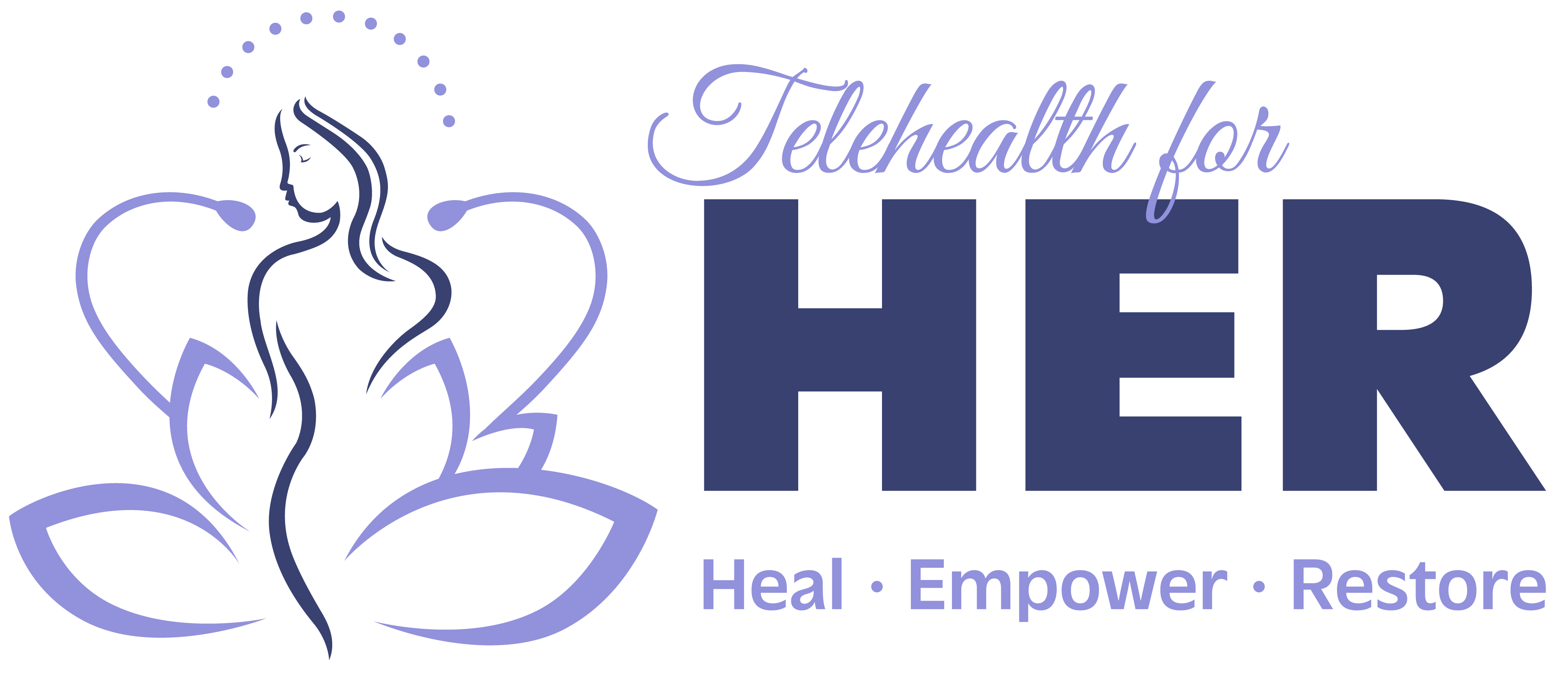Menopause can be a challenging time for you, physically, emotionally, and mentally. Exercise can be great for managing the symptoms of perimenopause and menopause. As your body starts to change, you may worry about what sort of exercises are safe.
Menopause: How Can Pilates Help?
Mariah Prince-Allen, DNP, FNP-BC

Importance of Wellness in Menopause
Menopause can be a challenging time for you, physically, emotionally, and mentally. Exercise can be great for managing the symptoms of perimenopause and menopause. As your body starts to change, you may worry about what sort of exercises are safe.
While your body is changing and adapting to depleted hormones, you are faced with the symptoms of hormone imbalance and long-term implications of menopause including:
Increased risk of cardiovascular disease
Increased risk of osteoporosis
Genitourinary syndrome of menopause
Reduced muscle mass
Reduced strength
Increased risk of osteoarthritis
Slow bladder and bowel function

What You Need For This Stage
Menopausal women should choose a fitness/wellness program that includes the following:
Strength training for bone health
Cardiovascular workouts for hormone balance and weight management
Balance exercises
Stretching, breathing, and relaxation for stress reduction

What is Pilates?
Pilates is a type of exercise that focuses on improving flexibility, strength, and body awareness through controlled movements. It was developed in the 1920s by Joseph Pilates and is based on the following six principles:
Breath
Concentration
Centering
Control
Precision
Flow
Pilates caters to everyone, no matter their age or fitness level. Compared to other exercises, Pilates is low-impact reducing risk for injury. The low impact nature of Pilates makes it a safe and sustainable option for everyone to gain maximum benefit. Pilates is a beginner-friendly exercise that you can do from the comfort of your home.

Benefits of Pilates on Menopause
Pilates is a brilliant form of menopause exercise! It provides multiple benefits that will help support your cardiovascular health, bone density, strength, weight management, and help improve your mood.
The hormonal change during menopause weakens the core and pelvic floor muscles resulting in urinary incontinence and pelvic organ prolapse. Pilates is a great exercise because it strengthens core and pelvic floor muscles.
Menopause can cause reduced bone density, putting you at increased risk for falls and fractures. Pilates has been proven to help develop a good posture, increase muscle strength and flexibility, and improve balance. Therefore, reducing the risk of falls and injury and decreased joint pain.
Pilates focuses on mind-body connection and how to strengthen in. It forces you to focus on one thing, your body. This helps to improve concentration. Pilates focuses on how we use the breath to get the most out of the movement. Using the Pilates breath calms your nervous system down. This is a powerful tool in reducing stress and anxiety.
